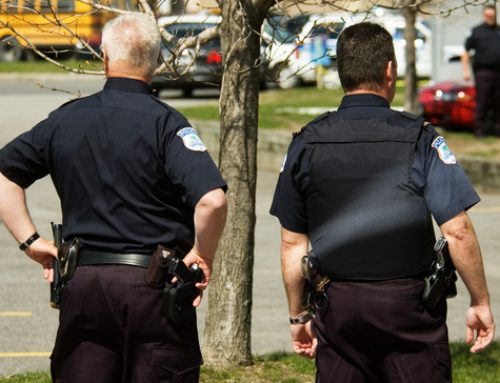TULSA, Oklahoma. The Supreme Court recently issued a ruling that can have an impact on individual privacy and also impact criminal defense law going forward. According to the New York Times, police now must have a warrant in order to conduct a search on a private driveway. The court ruled on an ambiguity in the law that offered exemptions for vehicles from police searches without a warrant.
The original case before the court involved a search for a stolen vehicle in which a police officer searched a private driveway without first getting a warrant. When police searched the driveway, the officer found that the driveway contained a stolen motorcycle. However, the Supreme Court found that the evidence was not admissible because officers entered the private property without permission or a warrant. Though officers were able to see the vehicle from the public street, the vehicle in question was covered. The court found that police were not permitted to enter or search the private driveway (or uncover a covered vehicle) without permission or a warrant. The Supreme Court found that the Fourth Amendment protects individuals from unreasonable searches, and this extends to a person’s private driveway.
When it comes to searching without a warrant, vehicles are exempted from the Fourth Amendment provisions protecting unreasonable searches—but only if the vehicle is parked in public space or near a curb. According to the Los Angeles Times, police are permitted to look closely and even into vehicles that are parked in public spaces. They do not need a warrant to do this, nor do they need a vehicle owner’s permission. This means that the new ruling may not impact individuals facing criminal charges after parking in a public space.
When a vehicle is parked in private space, however, it is protected, the Supreme Court found. The Virginia courts, in an attempt to maintain the evidence, wanted the courts to draw a distinction between closed garages and open driveways. They wanted cars to be subject to search if they were parked on open driveways. The courts did not agree because they said that this would afford added privileges to individuals who could afford a garage.
The court also recently ruled that in order for an officer to bring a drug sniffing dog to a person’s front door, he or she too must also get a warrant.
The Supreme Court’s recent rulings will have major implications regarding what evidence will be considered admissible in court. If you or a loved one is facing criminal drug charges or charges for stolen property, it is important that the police get proper warrants before performing a search. If proper warrants aren’t acquired, the evidence may not be considered admissible in court. The Henson Law Firm, P.L.L.C. are criminal defense attorneys in Tulsa, Oklahoma who work closely with individuals facing criminal charges. You are innocent until proven guilty. You have the right to a lawyer. Visit our firm at https://myoklahomadefenselawyer.com/ to learn more about how recent Supreme Court rulings might impact your case.
THE HENSON LAW FIRM, PLLC
Attorneys and Counselors at Law
406 S. Boulder, Suite 400
Tulsa, OK 74103-3800
Telephone : (918) 551-8995





